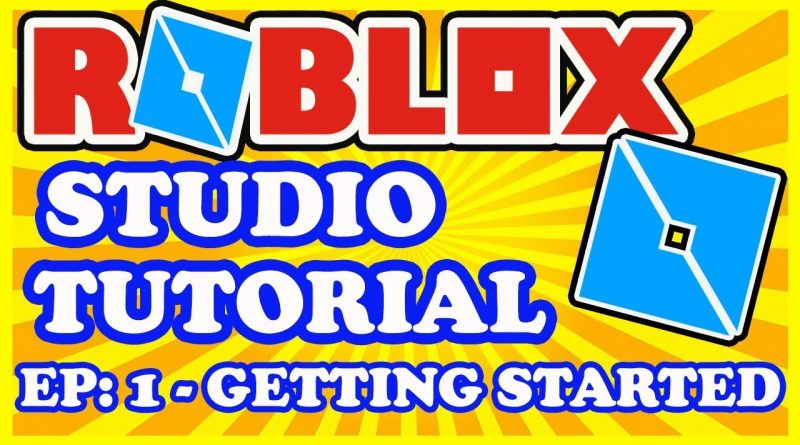
To do this, click on Lighting, and in the bottom panel, in the Data tab, change the TimeOfDay line. Set any night time, for example, 23:30. After that, the day will be replaced by night and the moon will appear in the sky. Then hover over Workspase, press the Buttons in Roblox Studio and add a script (for a quick search, enter Script in the search bar). Click on Script and paste this code into it:
Full Answer
How do you change the time on Roblox command?
0:101:25Day/Night Cycle: Time of Day - YouTubeYouTubeStart of suggested clipEnd of suggested clipThen. We need to tell the game to look inside of game dot lighting. Now we can type a colon justMoreThen. We need to tell the game to look inside of game dot lighting. Now we can type a colon just shift semicolon on your keyboard. Then. The name of the function set minutes after midnight.
How do you make time on Roblox studio?
0:3917:38How to script a realistic Clock/Timer in Roblox Studio - YouTubeYouTubeStart of suggested clipEnd of suggested clipFirst of all i'm going to make it centered by setting the anchor point dot x. Just the first valueMoreFirst of all i'm going to make it centered by setting the anchor point dot x. Just the first value to 0.5. So then i can go down to position and set the x position the first value there 2.5.
How do you make a timer in Roblox Studio 2020?
0:005:30ROBLOX Studio Timer Gui Tutorial - YouTubeYouTubeStart of suggested clipEnd of suggested clipThen name the screen gui to timer gui inside of it. We can click plus and then a text label. AndMoreThen name the screen gui to timer gui inside of it. We can click plus and then a text label. And then we can start customizing.
How do you go back in time on Roblox?
Click the gear-icon, located to right of the place name, and click Configure Start Place in the menu that displays. Click Version History. Here you will see a list of your past versions ordered by date.
How do you make a 12 hour clock on Roblox studio?
0:5213:07HOW TO MAKE A 12-HOUR CLOCK IN ROBLOX - YouTubeYouTubeStart of suggested clipEnd of suggested clipSo to start out i'm going to go ahead and insert a script into the workspace. And we will go aheadMoreSo to start out i'm going to go ahead and insert a script into the workspace. And we will go ahead and name that time control. There we go.
How do you check server time on Roblox?
Use function time() and it will tell you exactly in seconds how much time your server has been running.
What does wait () do Roblox?
wait() also returns a second value which describes the time that it finished yielding (basically os. time()). An example of this can be found in the Roblox default animate script. Note that it's not worth using wait() over task.
What is countdown on Roblox?
1:023:21ROBLOX IS BACK? (Roblox Countdown) - YouTubeYouTubeStart of suggested clipEnd of suggested clipDays hours minutes second minute hour day this is a countdown format.MoreDays hours minutes second minute hour day this is a countdown format.
How do you make a stopwatch GUI in Roblox Studio?
1:0011:56How to Make a Timer GUI - Roblox Studio Tutorial - YouTubeYouTubeStart of suggested clipEnd of suggested clipYou're going to add a screen gui. After you add the screen gui you're going to rename it to timer.MoreYou're going to add a screen gui. After you add the screen gui you're going to rename it to timer. Inside the screen gui we're going to add a text label. And then rename that text label to just label.
What is Flamingo's real name?
Albert Spencer AretzAlbert Spencer Aretz (born: June 11, 1997 (1997-06-11) [age 25]), better known online as Flamingo (also known as mrflimflam, AlbertsStuff, and Alberts), is an American Roblox YouTuber who mostly uploads gameplay and reaction videos.
What is flamingos Roblox user?
Albert Spencer Aretz, known on Roblox as mrflimflam and as Flamingo on YouTube, is an American Roblox YouTuber part of the Roblox Video Stars Program with 10,000,000 subscribers. He uploads family-friendly gameplay videos on Flamingo, and formerly uploaded more vulgar gameplay and trolling videos on AlbertsStuff.
How can I get free Robux?
0:282:04How to Get Free Robux - Unlimited Free Robux Method 2022 - YouTubeYouTubeStart of suggested clipEnd of suggested clipFor free once you're on the site guys you can find the roblox mod through a few methods. There's theMoreFor free once you're on the site guys you can find the roblox mod through a few methods. There's the search bar. The top app section and the all apps section.
Time Value Table
The functions ToUniversalTime and ToLocalTime return a table of time-related values, such as Year, Month, Day etc. The format of the table returned by these functions is described below, with each integer element in descending size order:
Functions
Converts the value of this DateTime object to Universal Coordinated Time (UTC). The returned table contains the following keys: Year, Month, Day, Hour, Minute, Second, Millisecond. For more details, see the table in the DateTime description. The values within this table could be passed to fromUniversalTime to produce the original DateTime object.

Popular Posts:
- 1. a taste roblox id
- 2. how to go offline in roblox
- 3. do you have to pay per month with roblox premium
- 4. does it cost money to develop in roblox
- 5. how to make someone group owner on roblox
- 6. how to get old roblox website
- 7. how do special chat in roblox
- 8. does roblox give viruses 2016
- 9. how do you fly in roblox iron man simulator
- 10. how do you go first person in roblox